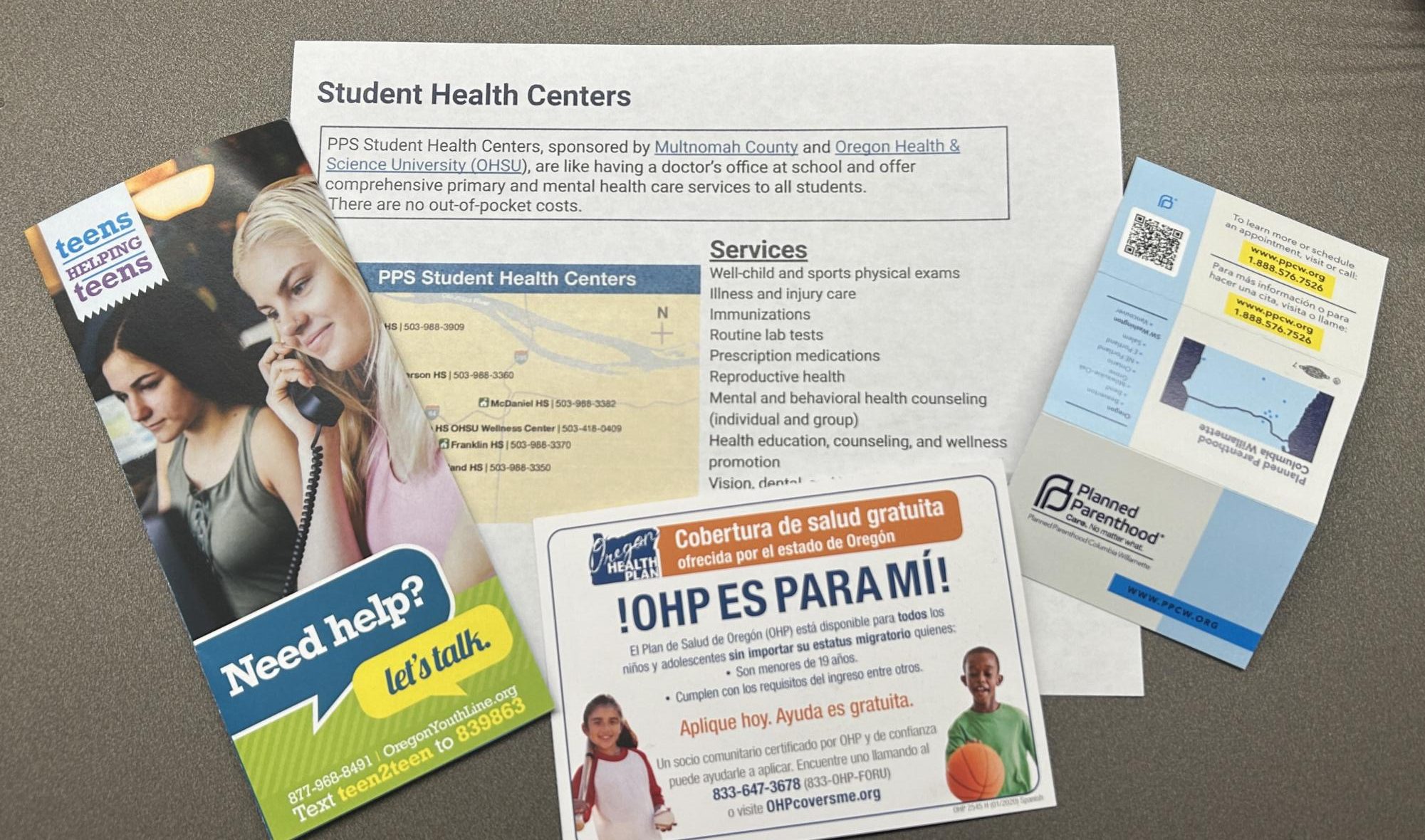On July 4, Congress passed the “One Big Beautiful Bill Act,” also known as the Big Beautiful Bill. This bill invokes many policies that have been continually pushed by Republican and Conservative lawmakers. In addition to decreasing taxes on overtime work hours and seniors, and reducing taxes on the rich, the bill has a tremendous impact on one of America’s foremost sexual and reproductive nonprofit healthcare programs, Planned Parenthood.
With the Big Beautiful Bill, Trump and Congress cut $900 billion from Medicaid, the federal health insurance program that covers insurance for many Americans. Planned Parenthood’s funding was also cut, as the company is covered by Medicaid funding.
Planned Parenthood provides a wide variety of sexual and reproductive health services, including birth control, cancer screenings, STD testing and abortions. According to the Planned Parenthood website, the program serves over 74,000 returning patients annually across their Portland locations, with many more seeking one-time services.
There are nine Planned Parenthood locations across Oregon and Southwest Washington, two of which are in Portland (Planned Parenthood). A few locations have closed due to budget and staff cuts, including the recent permanent closure of the Southeast Portland location. Without the services of the organization, many will not receive the reproductive healthcare they need, specifically those seeking abortions.
Senior Harper Heiser has stayed up to date with the bill and believes that its impacts on women seeking important procedures could be troubling.
“I think Planned Parenthood is an amazing resource that helps a lot of women all over the country,” said Heiser. “Taking it away and not allowing women to get those procedures and processes for [reproductive] health care could be extremely dangerous and also put people in difficult positions.”
The bill has disrupted the work of healthcare providers across the country, especially those who focus on women’s health. Lincoln parent and obstetrician-gynocologist Dr. Anya Bailis works at a private hospital in Portland, and sometimes refers patients to Planned Parenthood. Dr. Bailis feels that the bill has limited treatment options for female patients in Portland.
“There are [now] fewer resources out there for women. There are fewer places that they can go for the health care that they need. There’s less availability of abortion providers in the country, which affects healthcare providers, because we need places to center patients when they need such services,” said Bailis. “It limits the resources that we have available to us as healthcare providers.”
One of Planned Parenthood’s services, abortions, has frequently been a topic of controversy. As a provider, the organization has undergone scrutiny from Republican and conservative political leaders.
“There’s a large segment that’s very interested in doing away with the option of pregnancy interruption or abortion…. One pathway to stopping abortion in this country is doing away with Planned Parenthood,” said Bailis.
Many see the cuts to Planned Parenthood as a part of a larger issue. Bailis points to a larger, societal lack of care for women’s health.
“[This issue] is about apathy for women’s health, and people not willing to subsidize women’s health, or people not willing to understand women’s issues and why they’re important,” said Bailis.


